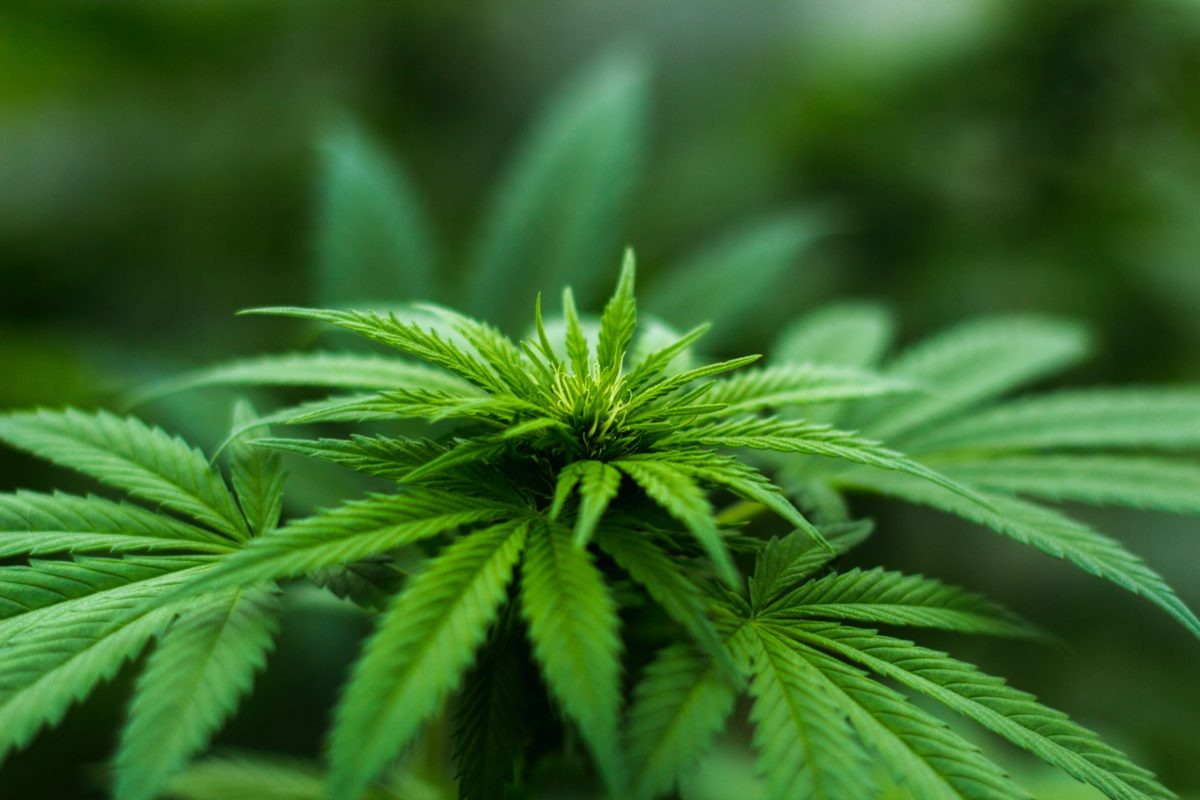As the cannabis industry moves forward at a rapid pace in the Caribbean, it appears that The Bahamas is set to become the next country to get on board. And while COVID-19 puts things at a standstill for the time being, we remain hopeful that cannabis reform will be revisited in the near future. Currently, The Bahamas is almost entirely dependent upon the tourism industry, and this unprecedented time is a startling wake up call: Our economy must make the shift towards self-sufficiency.
The bottom line: Cannabis reform can and will be an absolute game changer for the Bahamian economy.
Let’s take a step back to the beginning of this year…
On January 21, 2020, Prime Minister the Most Hon. Dr. Hubert Minnis received a long-awaited report and proposal from The Bahamas National Commission on Marijuana (BNCM). The proposal makes 24 recommendations on a range of cannabis reform topics, including legalizing cannabis for adults aged 21 and over, and, after a national public education campaign, legalizing medical cannabis products for adults aged 18 and over. The proposal also recommends the decriminalization of possession of up to an ounce of cannabis, along with the release of prisoners who are solely convicted of possession of marijuana, and expunging the records of Bahamians convicted of possession of small amounts of marijuana.
The Commission’s work has been praised by the PM, who said that the proposal would inform legislative reform that is a “matter of social justice,” adding that the country should no longer treat Bahamian cannabis users “as criminals.”
During a press conference, the PM made his stance on cannabis reform clear, saying:
“Our current marijuana prohibition causes unnecessary confrontations between police and citizens. I grew up and come from Over-the-Hill. I have seen firsthand how our laws especially harm young people from modest backgrounds. Many good Bahamians have been burdened with criminal records, making travel to certain countries impossible and finding work more difficult.”
Some local entrepreneurs believe the BNCM’s proposal, which requires Bahamians to control at least a 51% stake in all cannabis companies, would allow Bahamian citizens the ability to gain a strong foothold in the Caribbean’s burgeoning cannabis industry. However, others have expressed concern that the Bahamian cannabis industry would go the way of other Caribbean nations, which tends to favor foreign investors over local farmers and Bahamian-owned businesses.
If the BNCM’s proposal translates into legislation, The Bahamas could become the first country in the region to legalize adult-use cannabis. Even the more limited reforms, like decriminalization, would see The Bahamas joining other Caribbean countries, including Jamaica, Saint Vincent and the Grenadines, and Antigua and Barbuda. More recently, Trinidad and Tobago’s government decriminalized the possession of cannabis while Dominica and Saint Kitts and Nevis also moved toward cannabis law reform.
According to a 2018 survey, 71% of Bahamians favor cannabis use for medicinal purposes. However, the survey also showed that opinions differ when it comes to the ownership structure for companies. According to the survey, 65% of the country’s population supports a legalized medical cannabis industry that would see ownership rights reserved exclusively for Bahamians, with only 23% supporting foreign involvement in the industry. Other respondents said they needed more information about the makeup of the industry before committing to either side, with many citing the potential exclusion of local farmers as a concern.
The exclusion of people of color from the global cannabis industry is a trend acknowledged by the BNCM report and proposal. “Globally there has been a complete lockout of people of color and lower socioeconomic status. Interestingly, the population that is locked out is also the population that took the blunt of the blow on the war on drugs. Currently, there is a movement to attempt to right the past wrongs of the criminal justice system and the economic racism that has taken place,” the report highlighted.
According to the BNCM’s report, the Bahamian government could earn at least $5 Million USD annually from the legalization and regulation of cannabis, using a tax structure similar to alcohol and tobacco. While the potential preliminary revenue figure appears small, it could be easily multiplied if the legal cannabis industry was extended beyond the 400,000 Bahamian citizens to include tourists and other visitors. In 2019, The Bahamas welcomed more than seven million visitors according to The Bahamas’ Ministry of Tourism. Furthermore, The Bahamas has the opportunity to become a front-runner in the global cannabis export industry.
The BNCM report also recommended the creation of a range of business licenses for cultivation, processing, retail, research and development, and import and export, among others.
Stay tuned as we learn more.

Leave a Reply